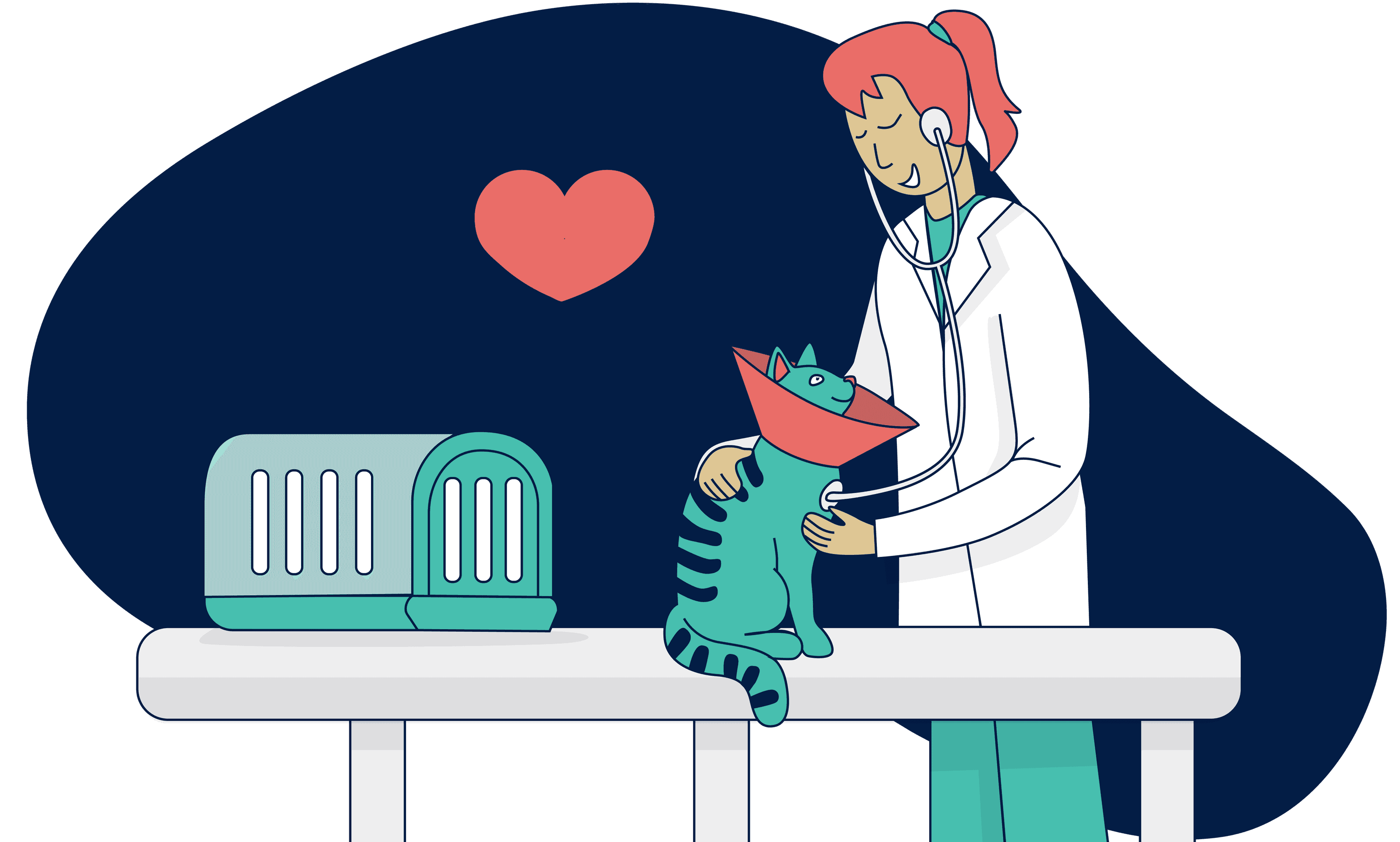
If you’re reading this, then you are probably considering getting a pet. While owning a pet is rewarding, be mindful that it is also a huge responsibility, and there are a few important things you should consider before setting out on your journey to pet ownership. Although cats and dogs make up the lion’s share of pets, the following checklist should be applied to all potential pets, be they fish, birds, or reptiles.
This is a position no pet owner or veterinarian ever wants to be in. In a profession where they become a vet purely for their love of animals, no vet wants to be forced to juggle the patient’s needs, the owner’s pocketbook, and their conscience.
1. Research
Your initial step is the research. Ensure you carry out plenty of research before you buy your pet. A simple Google search will usually give you enough information to at least start this process. For more detailed information, reach out to a breeder or your local pet store, or better still, talk to a veterinarian. It’s important to research the species or breed of your chosen pet prior to buying, to ensure it’s compatible with your lifestyle and your budget.
2. Commitment
As the old saying goes, ‘Pets aren’t just for Christmas, they’re for life’. It’s very easy to fall in love with a cute kitten or an adorable puppy, but with an average life span of 10-15 years, owning a dog or a cat, or any living creature, is a long-term commitment. Ask yourself, are you prepared to commit to a pet for its entire life? Dogs and cats, in particular, also require a lot of attention on a daily basis. They need love, they need socialization, they need training, they need exercise, and they need mental stimulation every single day of their lives.
3. Training
Just like little humans, little pets need training. If you are thinking about getting a cat or a dog, obedience and behavioral training is something that you should factor in. One of the basics is potty training, and you have to invest time and effort in doing it. Dogs need to be taught discipline otherwise they will destroy your house – especially the larger breeds.
4. Lifestyle
Dogs and cats require daily attention and human time. Leaving them alone for long periods (particularly dogs) can lead to the development of serious behavioral problems. Make sure your lifestyle can accommodate your pet. If you work long hours, have a busy social life, and/or travel a lot, think twice about getting a dog or a cat. Maybe consider fish or another less time-consuming pet. You could adopt an older dog, which requires less time for play and exercise.

5. Finances
Owning a pet costs money. Over and above the cost of purchasing your pet – and this means veterinary care and ongoing treatment. Have a think about setting up a savings account for your new pet, for those unforeseen expenses that come as part of pet ownership. Pet insurance with providers like Trupanion – is also highly recommended. When the day comes when your pet needs an operation and/or ongoing medical care – which will be difficult enough to deal with in itself – you will not need the additional worry of where the money will come from to pay for it.
6. Gifting
The gift of a pet to your child is almost a rite of passage, but it must come with rules and responsibility, especially around commitment to ensuring that the pet is properly looked after. Giving a child responsibility for a pet teaches them valuable life lessons; it also gives them companionship and focus, so we would certainly not discourage you from giving your child a pet. However, we would advise never to give a pet as a surprise gift to anyone – not even your child.
7. Space
You need to consider if you can provide the appropriate living environment for your pet. Are you allowed to keep pets where you live? If you’re considering getting a dog, do you have a garden or a suitable backyard – and is it secure? Where will your pet sleep? All these factors need to be considered in advance. Although you can make almost any home pet friendly (to an extent) there may be some structural elements of your home that will prevent you from getting the pet you want.
8. Partner with a Vet
Last, but certainly not least, it is essential that you source a local veterinarian who you can trust and rely on for all your new pet’s needs. Partnering with a vet should be one of the first things you do when you get your new pet. As well as providing health care, veterinarians are also an important source of information about your pet. Once you get your pet, ensure that you remain proactive by organizing a thorough medical examination at least once a year, to detect and treat diseases and any ailments early, before they become chronic or untreatable.
If you follow the advice in this checklist, you should be well on your way to being prepared to welcome your new furry friend into your family. No matter what pet you decide to bring home, make sure you treat it well. In return, it will give you and your family years of love and loyalty.
Good luck with your preparation!